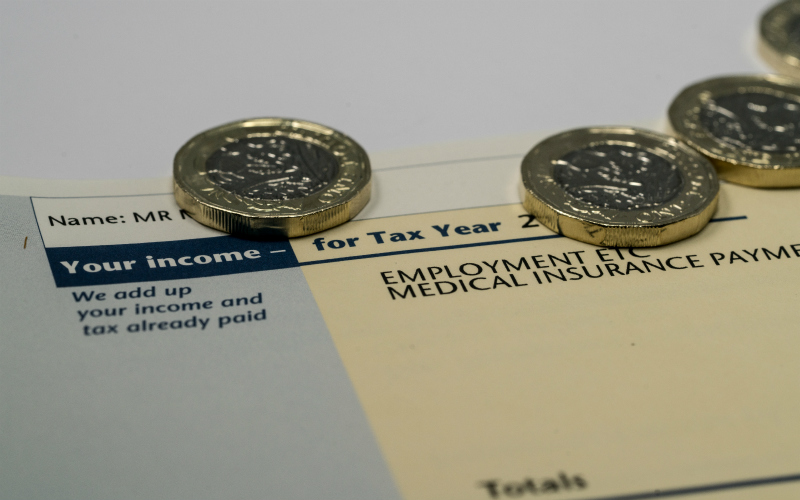
In this blog, we examine issues related to the National Living Wage (NLW) and how it is different to the National Minimum Wage (NMW). These rates are reviewed on an annual basis by the government. Note that the NLW should not be confused with terms such as the ‘Real Living Wage’ as used by campaign groups, and that organisations such as the Living Wage foundation (although campaigning on the issue) are not associated with the statutory regime for the NLW.
What is the NLW?
The NLW is the minimum wage at which those aged 25 and over are paid. It was introduced by regulations to the pre-existing regime on the NMW. It was originally introduced as a premium on the NMW for those aged 25 and over.
How is the NLW Calculated?
The NLW is set by the government on the basis of advice given by the Low Pay Commission. The government’s aim is to have the NLW set at just above the midway point on a scale of the population’s earnings by 2020 and for it to track in line with average earnings after that. Currently the NLW is £8.21.
Who should be paid the NLW?
All ‘workers’ who are aged 25 or over. This would cover the vast majority of situations for employers. Some special categories of the population who are not entitled to be paid the NLW include: those who are self-employed, and in the event that there was an apprentice aged 25 or over and in the first year of a modern apprenticeship, they are also only entitled to a lower rate known as the apprentice rate.
What about everyone else?
All other workers under the age of 25, defined under the law as those working under a contract of employment or working to provide services, are entitled to the NMW. Currently, the NMW rates are as follows:
- 21-24: £7.70;
- 18-20: £6.15;
- Under 18: £4.35;
- Apprentice: £3.90.
What About Benefits in Kind?
In one circumstance, a lower rate of the NLW may be paid to take account of a non-cash allowance. This is when the employer charges the employee for accommodation. This is known as the accommodation offset. Essentially this involves multiplying the number of days in which accommodation was provided by that year’s daily accommodation allowance. Currently the accommodation allowance is £7.55. Using this offset is not without its difficulties – if an employer chooses to charge above this offset, then depending on the employer’s salary, there is the potential for the employee to be brought below the NLW or NMW as the case may be.
What are the Issues Around Non-Compliance?
Obviously, there is the situation where someone has not been paid the NLW. Previously, the government had been extremely proactive using a ‘naming and shaming’ approach, with nearly 180 employers named and shamed for non-compliance in March 2018 (back pay was recouped for 9,200 employees and employers were fined a total of £1.3 million for breach of the regulations).
However, another interesting area to consider is the circumstance in which someone is told that they are working below the NLW to pay off a debt, or are paid the NLW but where harsh deductions are made from this apparently for the same purpose. Either situation could fall under the definition of modern slavery, depending on the particular facts. Such debt bondage situations may occur where migrant workers are brought to the UK, and contracted out by employment agencies to the agricultural industry, with the initial money for visas being loaned to them by travel companies. The debt is then in fact being recovered at a much higher rate than the migrants’ earning capability actually allows for in practice, with little account being taken of whether the migrants are being paid the appropriate living wage or being afforded relevant employment law rights.
It is interesting to note that labour exploitation made up the most common form of modern slavery in terms of potential victims reported to the National Referral Mechanism comprising 44% of the total number in 2017. Under the Modern Slavery Act, there is a requirement on companies to publish a transparency statement on modern slavery in their supply chains. Media coverage has highlighted that the list of modern slavery companies is long, encompassing everything from temporary workers in distribution and office cleaning to more specific areas of production such as the UK meat and poultry processing industry.
Therefore, given the existence of modern slavery so close to home, it would seem that there is still far to go before everyone will be able to benefit from the changes introduced due to the NLW.
If you are have any questions about the National Minimum Wage and the National Living Wage, or any other employment law issue please contact Noele McClelland in our specialist Employment Law team on 01382 229111, or alternatively contact a member of the Employment Law team.
